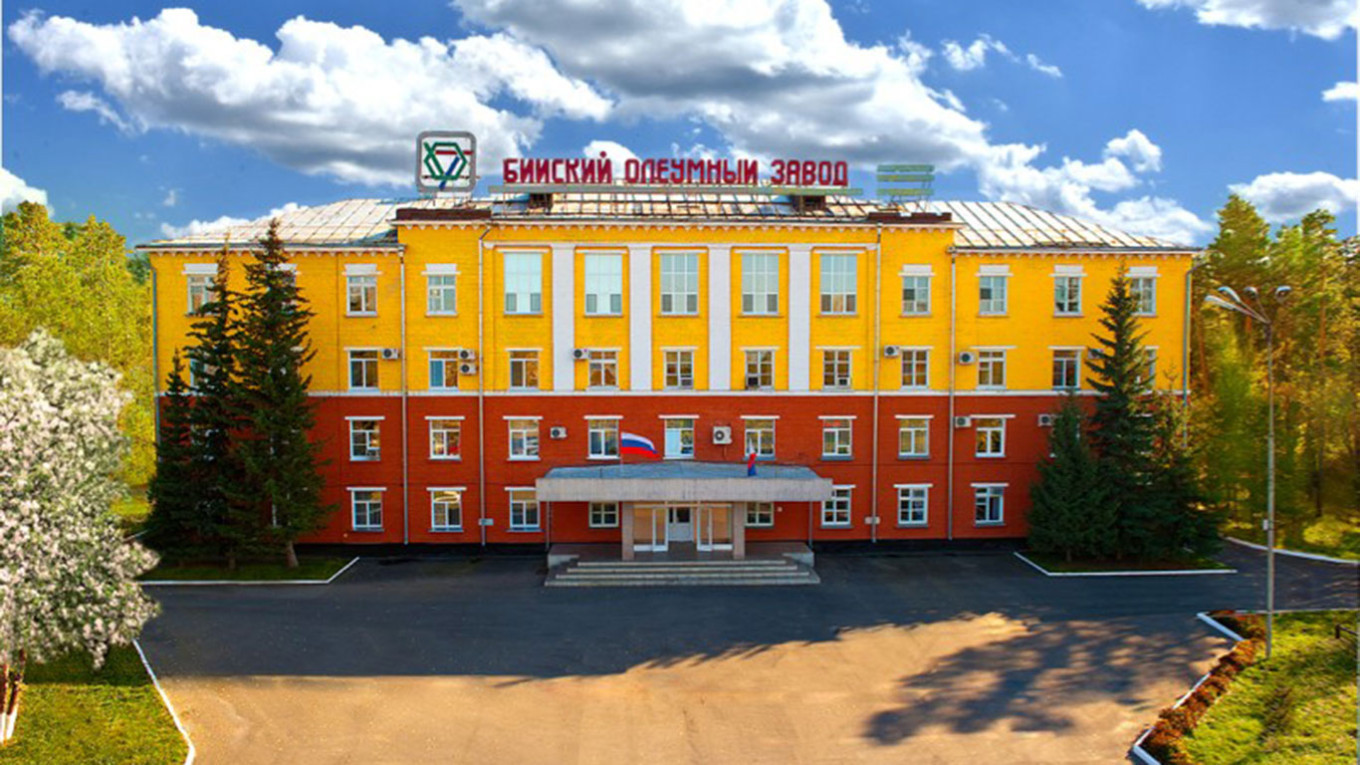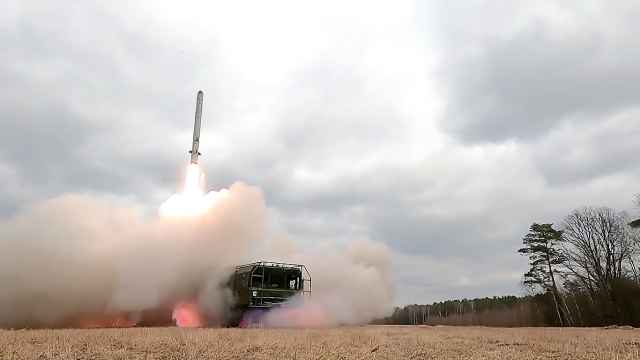A sanctioned Russian state-owned explosives factory successfully acquired industrial equipment from German giant Siemens by circumventing export controls through a middleman in China, according to a Reuters investigation.
The Biysk Oleum Plant (BOZ), located in Russia’s Altai region and known for producing military-grade explosives TNT and HMX, received Siemens power regulators and other automation systems through a Russian intermediary that routed the purchases via Chinese wholesalers.
Procurement records and customs data reviewed by Reuters show that in October 2022, BOZ signed a contract with a Russian company called Tekhpribor for Siemens equipment. Tekhpribor then imported the devices from China, including from a supplier named Huizhou Funn Tek.
An analysis of customs codes and technical specifications confirmed the deliveries included Siemens power regulators identical to those ordered by BOZ.
In 2023, Tekhpribor used another Chinese company, New Source Automation, to continue importing Siemens products.
A manager at New Source identified as Ryan Wu confirmed the shipments to Tekhpribor and said his firm could source Siemens equipment in any quantity without needing to disclose the end user.
According to government procurement filings, BOZ’s parent company, FGUP Sverdlov Plant, purchased at least three Siemens Simatic systems between 2022 and 2023.
These programmable logic controllers are designed to automate and remotely monitor industrial machinery — technologies that are considered critical for scaling up military production amid labor shortages.
“Acquiring automated machine tools is crucial to the Russian defense sector's drive to produce more munitions,” Reuters noted, citing an October 2024 report from the Royal United Services Institute (RUSI) and the Open Source Centre.
Russia, which lacks a strong domestic capacity to manufacture such precision automation technology, has increasingly turned to third countries to fill the gap.
A Siemens spokesperson told Reuters that the company strictly adheres to international sanctions and expects its partners to do the same. He added that Siemens would immediately investigate any indications of contravention of sanctions and involve the authorities.
Neither Huizhou Funn Tek nor New Source Automation responded to Reuters’ written requests for comment.
Huizhou Funn Tek’s website lists Siemens as a partner.
A company representative who identified herself as Ms. Chen told Reuters they purchase Siemens products directly and do not disclose the final customer. She said that Huizhou Funn Tek does not knowingly supply entities involved in military production.
Military analyst Konrad Muzyka, director of Rochan Consulting, told Reuters that Western components remain indispensable to sustaining Russia’s defense industry.
“These high-precision components are often irreplaceable within advanced manufacturing processes, including missile production, drone assembly and tank refurbishment,” he said. “Without them, Russia's capacity to sustain or scale its war effort would be more time consuming, expensive and place a bigger burden on the labor market.”
BOZ is controlled by the Sverdlov Plant, which is under U.S. and EU sanctions for supporting Russia’s war in Ukraine.
The Biysk-based facility reportedly supplies the Russian Defense Ministry, according to the regional administration website, and has been expanding operations as part of a broader effort to ramp up explosive materials output.
Russia faces shortages of critical components such as RDX and HMX, which are essential for producing artillery shells and aerial bombs.
The growing deficit has pushed Moscow to turn to sanctioned partners like North Korea and Iran to replenish its arsenal, Ukrainian intelligence officials and Western defense analysts have said.
A Message from The Moscow Times:
Dear readers,
We are facing unprecedented challenges. Russia's Prosecutor General's Office has designated The Moscow Times as an "undesirable" organization, criminalizing our work and putting our staff at risk of prosecution. This follows our earlier unjust labeling as a "foreign agent."
These actions are direct attempts to silence independent journalism in Russia. The authorities claim our work "discredits the decisions of the Russian leadership." We see things differently: we strive to provide accurate, unbiased reporting on Russia.
We, the journalists of The Moscow Times, refuse to be silenced. But to continue our work, we need your help.
Your support, no matter how small, makes a world of difference. If you can, please support us monthly starting from just $2. It's quick to set up, and every contribution makes a significant impact.
By supporting The Moscow Times, you're defending open, independent journalism in the face of repression. Thank you for standing with us.
Remind me later.






